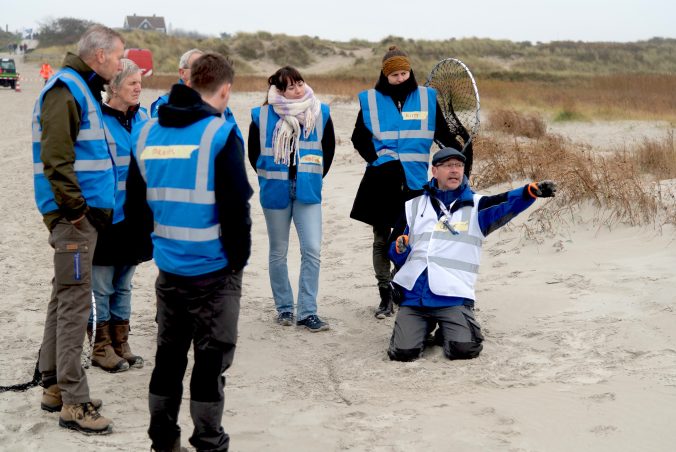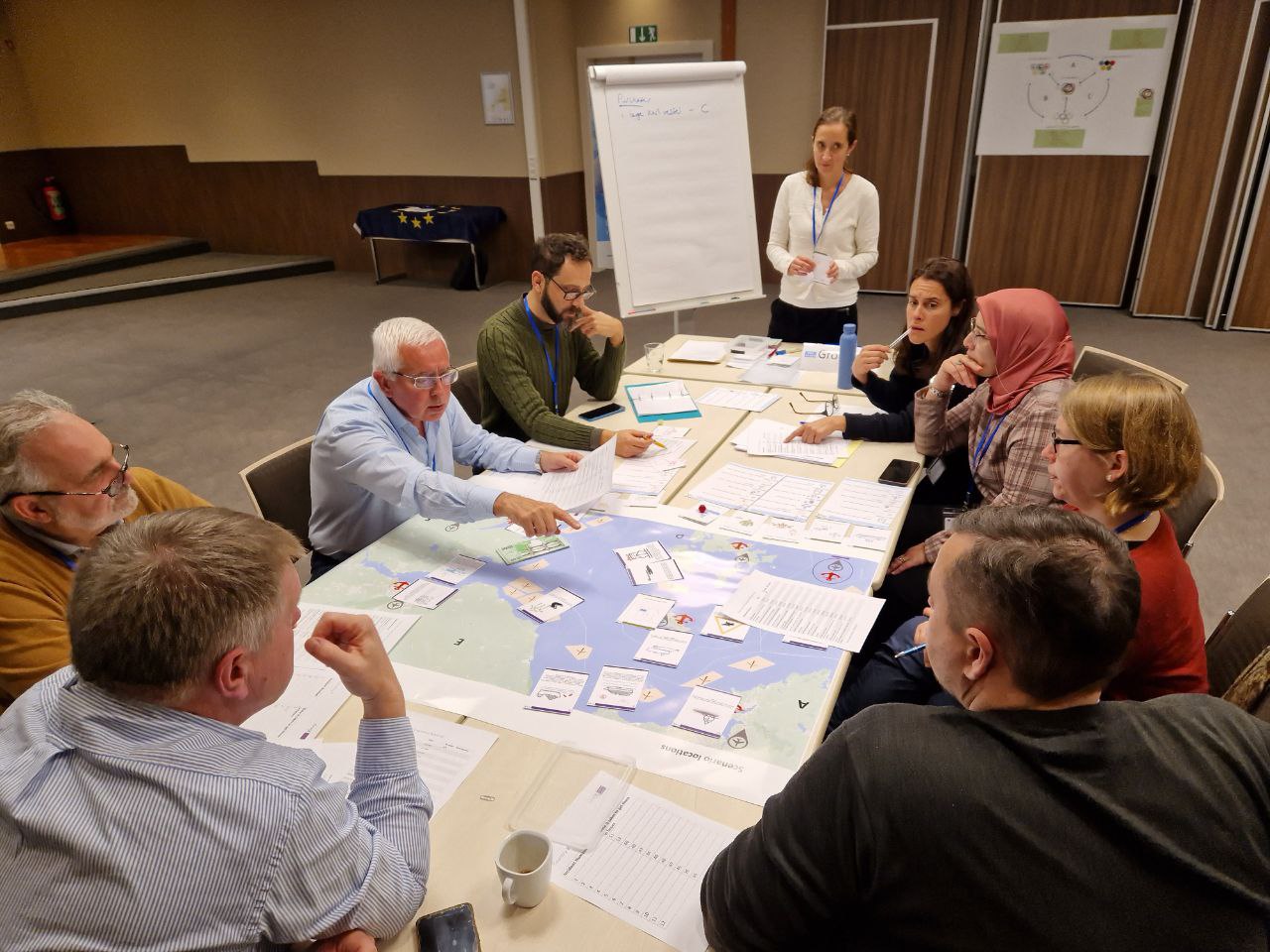
Dutch authorities successfully exercise volunteer integration into a response with assistance of Sea Alarm
Sea Alarm took part in the design and management of the recent field exercise by the Dutch authorities in the Wadden Island of Schiermonnikoog which focused on integrating volunteers into an authority-led response. The exercise emphasised the value of such volunteers to be used in a coastal response for different challenges, such as oiled wildlife or waste collection.
In 2019, the Wadden Islands were heavily impacted by the MSC Zoe incident, whereby a container ship lost 342 containers causing pollution over long stretches of coastlines on different islands. The need to integrate self-mobilising citizens and organisations with volunteers into the cleanup quickly became evident to the authorities.
With this in mind, the Dutch Directorate General for Public Works and Water Management (Rijkswaterstaat) and the Safety Region (Veiligheidsregio) developed systems for integrating volunteers and self-mobilising citizens into a response. which were tested in this exercise.
Sea Alarm’s focus in the exercise was to test if registering volunteers can be successfully trained on the spot based on the EUROWA Basic course before their deployment under the supervision of Rijkswaterstaat. An online theory module was created which all exercise participants had to watch before coming to the exercise. On the beach they received a one-hour training to gain practical skills for capturing oiled birds, before being deployed. Their performance during their deployment were observed by the trainers, Hetty Sinnema and Claude Velter. It turned out that this approach worked well and can now be considered for further elaboration in the Dutch preparedness programme for oiled bird response that Sea Alarm coordinates for Rijkswaterstaat.
In the development and realisation of the exercise Sea Alarm enjoyed collaborating with Rijkswaterstaat, Safety Region, Ecoloss and BSD, and for the wildlife part with SON-Respons, WRCO and Fügelhelling.


